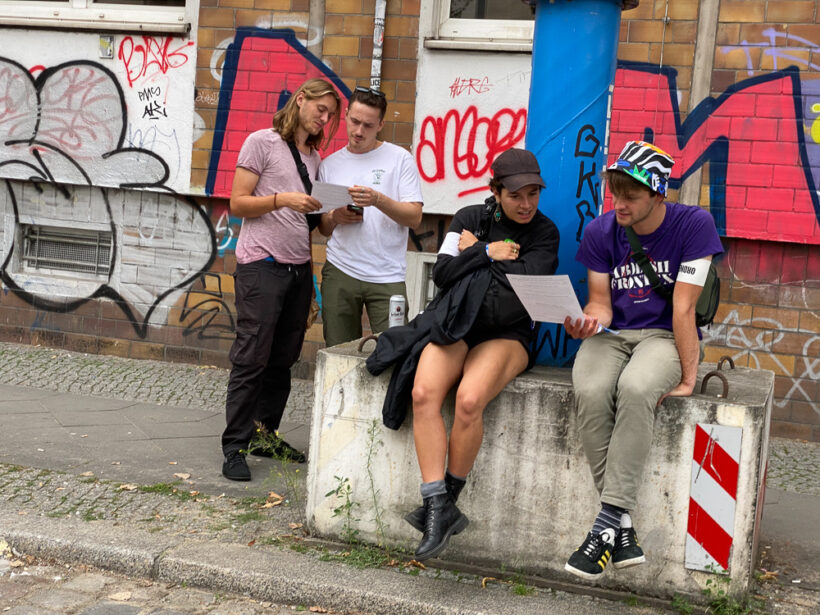Quality in education not only has an effect on students’ professional and working future but also on society, coexistence and democracy. Quality in education is not only an individual imperative with each student, but a collective imperative, because with a poor education, we will have a poor democracy.
In relation to language, there is no coincidence in the volume of vocabulary of Chilean men and women, but it is common to read and hear from experts that a child, on entering the school system, masters 400 words, and that the same student who scores 500 points in the university entrance exam and therefore is placed in the middle of the table, uses on average a vocabulary of 800 words. In twelve years, they only double the number of words they master and use. On average, an adult would have a slightly larger vocabulary, using between 1,000 and 2,000 words.
Words are important because language is the characteristic of humans, it is what allows us to think and communicate thoughts. The greater the vocabulary we master, the greater the capacity for abstraction, thinking and intellectual development. On the contrary, as Professor José Maza says, “by mastering few words you cannot have complex thinking”, let alone critical thinking.
If to the poor level of vocabulary, we add that, according to an OECD study, 53% of Chilean adults have a low level of reading comprehension, we can find a good explanation of why effective communication has become only a battle of headlines or, as they say in journalistic jargon, of “wedges”.
Without sufficient vocabulary there is no capacity for complex thinking, and no capacity for critical thinking, so how can we achieve a conversation or social dialogue aimed at deepening democracy? Poor quality education weakens democracy and we are left at the mercy of populist leaders who make promises that are impossible for ordinary citizens to process.
In the case of the long constitutional process, which is now in its fourth year since the signing of the Agreement for Social Peace and the New Constitution, public discussion has been poor and based on headlines or simple slogans, which hide and disfigure the complexity of what it means to write a new constitution.
Language is a fundamental pillar of social construction and any effort to expand it is welcome. It is society’s responsibility to encourage reading from the cradle by example, and to do so in greater depth at school. The teaching of language should not only be for economic and/or productive purposes, or to face academic evaluations, but also, and mainly, for argumentative, critical, artistic and cultural purposes.
A society with better educational and cultural levels brings with it a better democracy.










